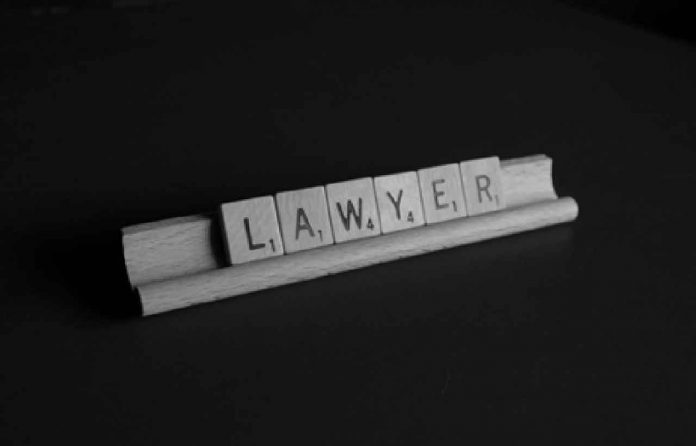No experience is more painful than dealing with the death of a loved one. But if there’s one thing in life that’s certain, it’s that everyone at some point will pass away. Although nothing can prevent death entirely, there are some circumstances when a person’s death is caused by the negligence or intentional wrongdoing of others. This is called a “wrongful death.”
Car accidents, defective products, work accidents, dangerous property conditions, and other hazards can all cause fatal injuries. If you have lost a loved one due to an accident caused by the other person, you might have a lot of questions in your mind that an attorney can help you address. Below, we’ve answered some FAQs about wrongful death claims:
What Is a Wrongful Death Case?
If the death of your loved one was caused by someone else’s negligence or intentional wrongdoing, or in a scenario that constitutes strict liability, you might have grounds for a wrongful death case. But unless you have extensive legal experience, navigating the proceedings can be incredibly complex.
When a reckless or negligent person causes the death of someone, only certain parties can bring the wrongful death claim. The specific parties depend on the state. In many states, the surviving spouse, surviving children, the deceased’s parents, or the administrator of the deceased person’s estate can file the claim. The recovered damages are dispersed among eligible beneficiaries.
How to Proceed with a Wrongful Death Case
If you qualify to file for a wrongful death claim, you need to stay vigilant and strong as these cases can take up a lot of your time, but the compensation can be the difference between maintaining financial security and having to file for bankruptcy. The very first thing that you should be doing is to hire a lawyer who understands your needs and can guide you through the proceedings. If you are based in Los Angeles, the attorneys at Harris Personal Injury Lawyers have extensive experience in these cases.
One thing that you have to keep in mind is that you can file for a wrongful death case if the death didn’t happen instantly. For example, imagine that the deceased person who was injured by an accident survived for several weeks in the hospital but eventually died as a result of the accident-related injuries. You can still file a wrongful death case even though there were several weeks between the date of the accident and death.
It is especially important in this scenario that you turn to an attorney right away. Essential evidence may be time-sensitive. For example, if anyone saw the accident, they might not be able to remember critical details after just a few weeks have passed. Also, it is not unheard-of for key documentation to be altered or destroyed by the defendant to cover up negligence. A lawyer can help you compile evidence while it is still available and help you avoid mistakes early in the proceedings.







